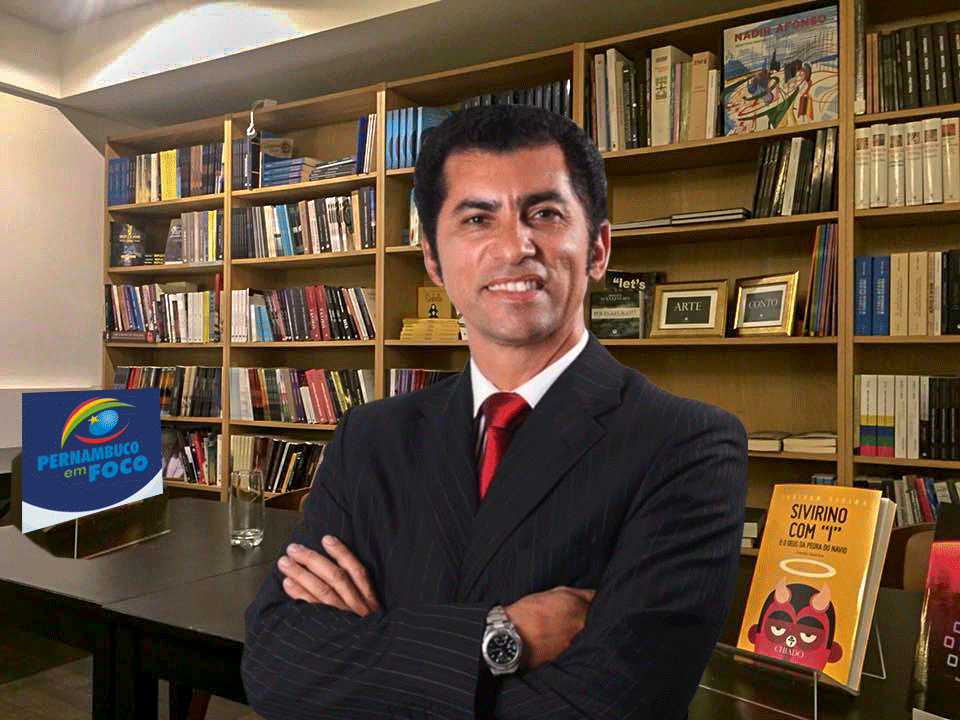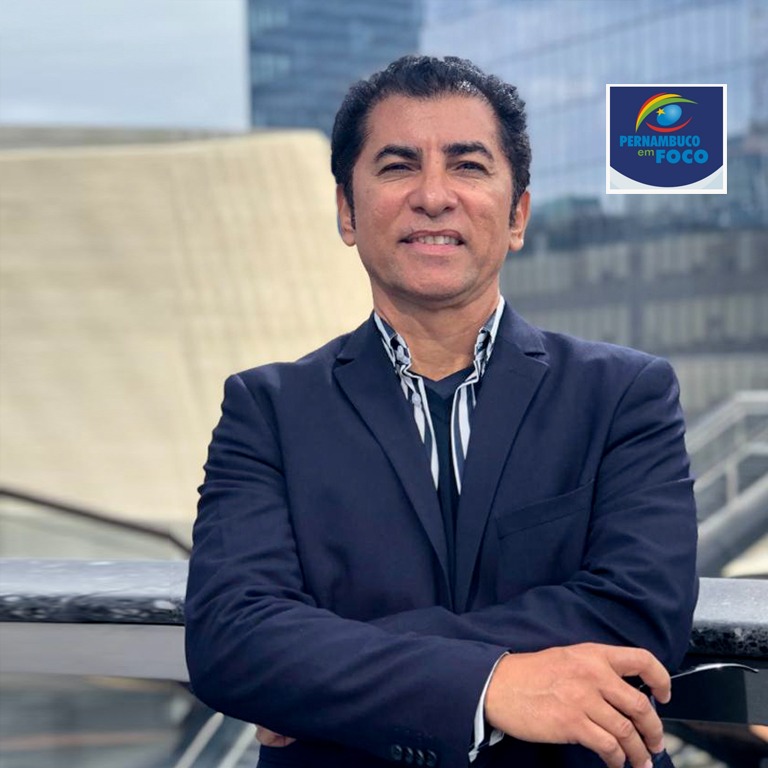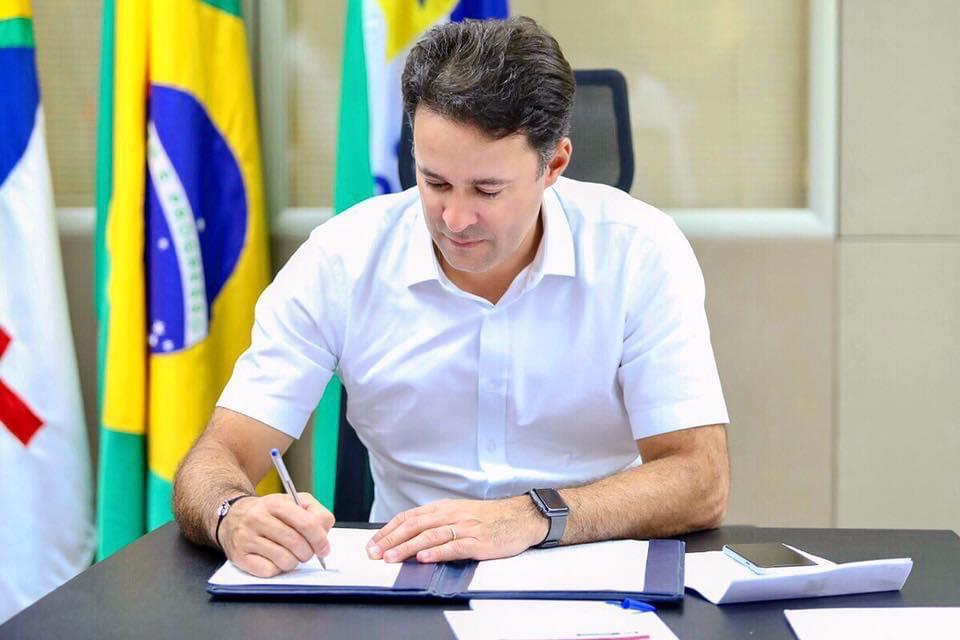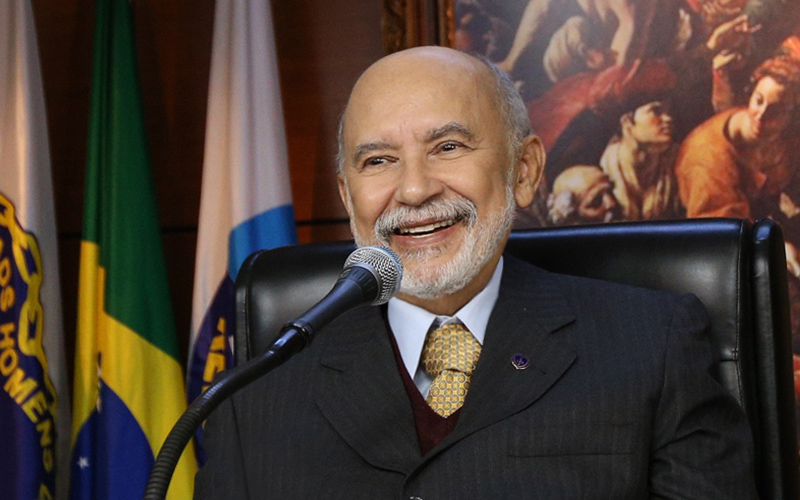From Brasília, the capital of Brazil.
In 1500 Erasmus of Rotterdam launched the first of many editions of his book, “Aphorisms”.
But what is this? The aphorism is a short and intelligent saying or proverb that tries to express general, universal, and lasting truths.
With the book “Aphorisms”, Erasmus reaches almost immediate fame in Europe, bringing together proverbs from ancient authors (some, as I mentioned in the previous article), such as Lucio Celio Firmino Lactancio, the writer who was an advisor to the Roman emperor Constantine I, a significant person for the spread of Christianity, around 300 AD.
Since his return from Paris, where I was in contact with other learning and teaching techniques, Erasmus had begun to compile his spectacular educational project, condensed in his book of proverbs. Except for some philosophers, historians and some scholars, “Aphorisms”, the book, was an unprecedented idea, since the 15th-century European population was semi-literate.
However, Erasmus did not focus his attention on the originality issue of his book, since he cultivated the reading of other similar texts, such as the Hebrew book of “Proverbs”, written during a period of 300 years, between 960 and 686 a. C., which brings together countless and powerful aphorisms, capable of inspiring a fool to become wise, as long as he puts them into practice.
What Erasmus intended was to launch a book that would contribute to his idea of renewing the process of education and teaching, to reshape the European population. After all, pre-classical philosophers such as Thales of Miletus, Heraclitus of Ephesus, and classics such as Epicurus, Socrates, Plato, and Aristotle, had also used this pedagogical technique.
These philosophers used the technique of coining short sentences in their educational process, but with deep, general, universal, and lasting teachings.
Here are some “aphorisms”, with which Erasmus produced an enormous pedagogical impact, to provoke people to learn to read, write, and deepen their knowledge, benefiting themselves and humanity. Enjoy them:
1 — Read the best books first. The important thing for you is not how much you know, but the quality of what you know.
2 — He who does not sin is the greatest sinner of all.
3 — The highest form of happiness is to live with a certain degree of madness.
4 — Often, what cannot be refuted by arguments can be diverted by laughter.
5 — Your library is your paradise.
6 — Do not give your advice before they call you.
7 — Prevention is better than cure.
8 — Give light, and the darkness will disappear by itself.
9 — There is no joy in possession without sharing.
10 — A nail is ejected by another nail. Habit is overcome by habit.
11 — The main hope of a nation lies in the proper education of its youth.
12 — Imagine the prince, like most of them today: a man ignorant of the law, almost an enemy for the benefit of his people, while worrying about his personal convenience, a dedicated volunteer, a hatred of learning, freedom and True, without thinking about the interests of your country and measuring everything in terms of your own benefits and desires.
To be continued…
Follow me: Instagram, Facebook, Linkedin and Twitter (judivan j vieira)










